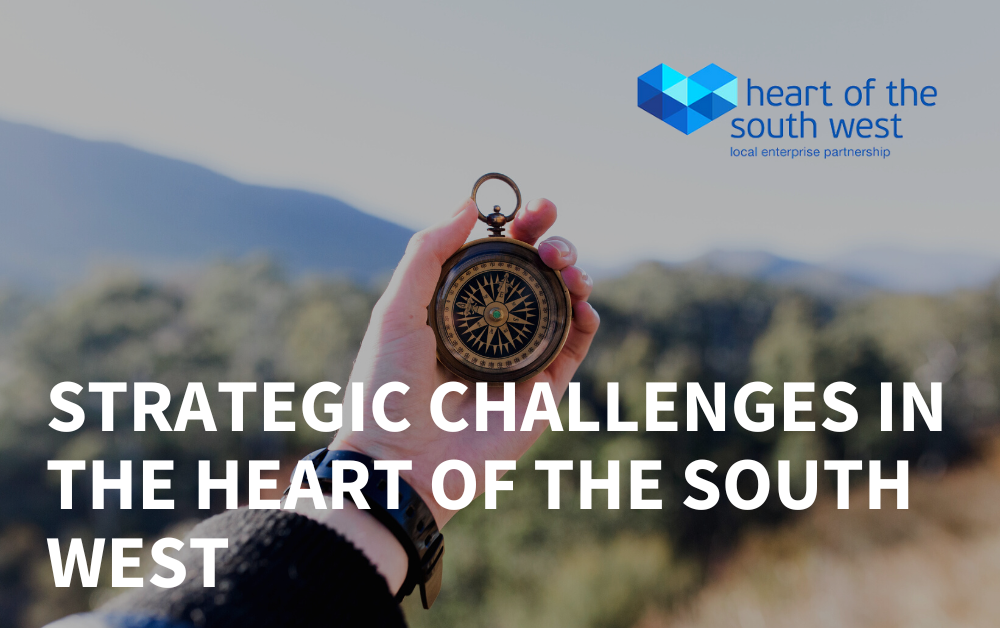Written by David Ralph, CEO of the Heart of the South West LEP.
Three times a year, we publish our business bulletin which summarises the key data and business sentiment for the HotSW area, in partnership with our business representative organisations. This means that as well as core economic data published by, for example, the Bank of England, we are able to draw on thoughts and issues highlighted from across the South West including tourism, manufacturing, professional services, rural and urban. These bulletins support our ‘dashboards’, which we update roughly bi annually as data changes. These look at the economy, clean growth, inclusive growth and the future of the region. Having up-to-date data and sentiment is a key function of the LEP, and enables us to target certain areas and offer additional support where most needed.
This month’s bulletin highlights key strategic challenges: poor social mobility and the reliance on low paid, low skilled, often seasonal jobs. With post-Covid changes reducing the need to commute, and also the potential availability of local low carbon energy such as offshore wind, nuclear, solar and – in the future – hydrogen, the investible nature of the South West could be starting to change. Access to a skilled workforce will be crucial, but if the area is able to grasp the opportunities of net zero – an opportunity strongly supported by our communities – then the current challenges of cost of living and supply chains could recede, making the area not only a great place to live, but a great place to locate your business.
The natural capital of the South West – our sea, landscapes and geology – should mean that the region can genuinely become the UK’s Natural Powerhouse. Without the energy intensive mega industry, other than transport and, to a degree, agriculture, we don’t have huge decarbonisation challenges. What we do have is the clean energy of the future, which could – assuming the grid is updated – power UK PLC and our local communities with affordable, reliable clean energy. I can’t think of anywhere else in the UK that has this unique blend of nuclear, solar, wind, and potentially tidal and hydrogen, as well as the ability to sequester carbon in our soils, trees and underwater plants.
However, these are big strategic challenges and will need collaboration across many areas. If farmers are to set aside land for offsetting carbon, we need to make sure they don’t do this at the expense of food production, radically alter our exceptional landscapes, or be unduly exposed to emerging carbon trading markets. The net zero challenge is a live challenge; the opportunity to change the investment proposition of our region is a big one, and is why we continue to call for Government to recognise our potential as the country’s Natural Powerhouse, delivering the clean energy and storage of the future, as England’s greenest region.


